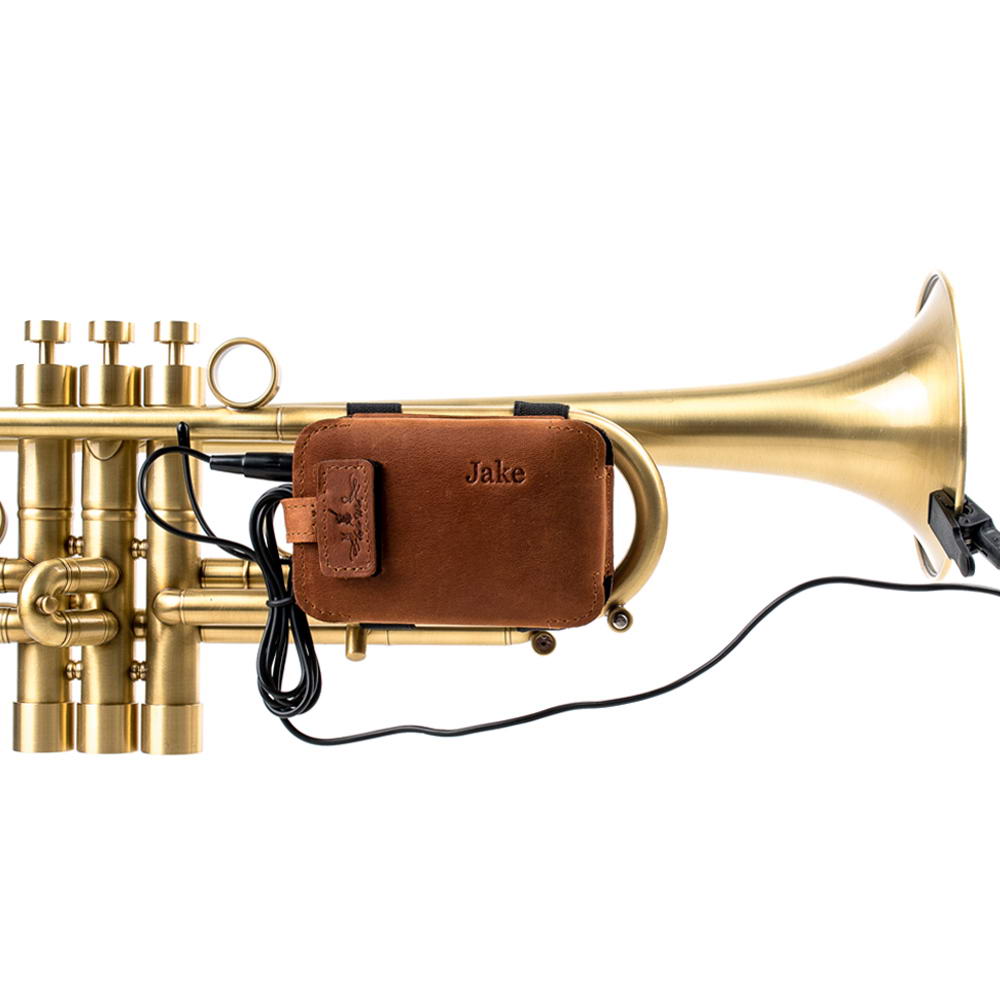
Chet Baker: Biography, Career Highlights, and Legacy
 Chet Baker entered history as a symbol of the West Coast cool jazz movement and a musician with a signature melancholic trumpet sound. In this article, we will explore how Baker became a legend despite the downfalls and challenges in his life.
Chet Baker entered history as a symbol of the West Coast cool jazz movement and a musician with a signature melancholic trumpet sound. In this article, we will explore how Baker became a legend despite the downfalls and challenges in his life.
Musical Beginnings and Breakthrough
Chesney Henry Baker Jr., known to jazz enthusiasts as Chet Baker, was born in Oklahoma in 1929. Music became a natural part of Baker’s life from an early age, as his father was a professional Western swing guitarist and his mother played the piano. Young Chet showed early musical skills, having started by singing in a church choir and later learning to play the trombone. He switched to the trumpet at the age of 13 and in two-weeks’ time made great progress with this instrument, playing it effortlessly.
Baker studied at Glendale High School but left it at the age of 16 to enlist in the U.S. Army, where he played in military bands. Years of Army service, especially during his stay in Berlin, helped him discover a jazz scene.

He left the Army in 1948 and started learning music theory and harmony at El Camino College in Los Angeles but had to leave the study because he was called back into service in the Army. During that period, he played in Sixth Army Band and performed on the stages of San Francisco — the hub of the West Coast jazz movement. After Chet was discharged from the Army in 1951, he focused on his music career.
The Gerry Mulligan Quartet
The recognition came to Chet Baker in the early 1950s, once he joined Gerry Mulligan’s quartet whose music featured intricate improvisations, stripped-down sound, and Mulligan's lyrical baritone complemented by Baker’s trumpet. With this quartet, Baker regularly performed at Los Angeles jazz clubs. Their version of "My Funny Valentine" earned a reputation as a classic and perfectly showcased Baker’s unique style to a broader audience. The Gerry Mulligan’s quartet is still considered as one of the best cool jazz ensembles.

Chet Baker’s Style
Baker’s music became synonymous with cool jazz — and he himself earned a nickname Prince of Cool. This happened thanks to his soft lyrical trumpet tone, which contrasted with bebop style dominating the jazz world at that time.
While many trumpet players got recognition for their bold, technical approach, Chet Baker conquered the hearts of listeners with the warmth and emotional depth of his music. He didn’t rely on fast runs or complex improvisations — instead he incorporated simple and memorable lines. This fresh style of performing, often described as “soft,” “breathy,” or “fragile,” established him as a major star in the jazz scene, especially among young audiences.

Chet Baker Sings
In addition to playing the trumpet, Chet Baker also sang. He did it so beautifully and intimately that readers of popular jazz magazines of that time titled Baker the top jazz vocalist. His debut vocal album Chet Baker Sings was released in 1954 by Pacific Jazz Records and was recognized with the Grammy Hall of Fame Award in 2001. Until that release, Baker was mostly an instrumentalist and sang only a few times in October 1953 on tracks "I Fall in Love Too Easily" and "The Thrill is Gone".
Heavy Price of Success
For Chet Baker the rise to fame cost a heavy price. He had an attractive appearance and often appeared in the media, however, from the mid-1950s onward he became deeply troubled by drug addiction, which had a negative impact on both his health and career.
This habit led him to many arrests and legal problems. It also distanced him from his peers and caused him to lose contracts and performance opportunities. Because of addiction, Baker was so low at the point of his career that he was nearly blacklisted from the American jazz scene.
In 1966, while buying drugs, Chet was involved in a fight where got several cuts and even lost his front teeth. This incident ruined his embouchure and forced him to learn how to play the trumpet with dentures. Fortunately, he managed to do it well thanks to his determination.

Career Revival and the Later Years
Baker had his downfall but decided to come back on the jazz scene. In 1973, he immersed himself in straight-ahead jazz and started to perform in New York. In 1977, Baker recorded two albums Once Upon a Summertime and You Can't Go Home Again. In November, he returned to Europe where he had a tour for a year.
Chet was warmly welcomed in France, Italy, Germany, and Denmark, and found a devoted following there. No wonder, he spent much of his later life in Europe. Albums such as She Was Too Good to Me (1974) and You Can’t Go Home Again (1977) are believed to be the main highlights of this period. During that time he extensively collaborated with European musicians, including Philip Catherine, Niels-Henning Ørsted Pedersen, Michel Graillier, and more.
When it comes to his style, it became more introspective. Both his playing and singing reflected the downfalls he had endured. His performance was full of a raw honesty that deeply moved listeners.

During the late years of his career, Chet Baker performed in ensembles without drums. He didn’t play in loud venues and didn’t like the inattentive public. He could wait for the noise to calm down for over half an hour and could interrupt his performance if it became too loud.
Chet Baker died in 1988 in Amsterdam under mysterious circumstances — he was found dead on the street below his room in Hotel Prins Hendrik. People have conflicting ideas about his death: some believe it was an accident; others suspect suicide. It was also known that heroin and cocaine were found in his room.
Personal Life
Chet Baker married and dated various women during his life, including a jazz club goer Lili Cukier, a showgirl Carol Jackson, a drummer Diane Vavra, a jazz singer Ruth Young, and more. He devoted songs to some of them, as well as he devoted songs to his children.
Chet was fond of driving and liked fast cars. He was even arrested for drunk driving several times.
There’s also a documentary Let's Get Lost, showcasing Baker’s personality with all his talent and turbulent life.

Conclusion
In the world of jazz, Chet Baker is an emotionally resonant figure associated with the cool jazz movement. His silky trumpet sound combined with a sense of vulnerability quickly became his signature style, easily recognizable by listeners. Being an artistic genius, he had his downfalls, including ones connected with his drug addiction. Chet Baker was a personality of contradictions, as well as his music was soft and emotional with a clear bittersweet essence of beauty and sadness.
Recently we’ve also shared 10 Facts About Chet Baker. Feel free to check them out.
Do you play a trumpet or a trombone yourself? Then take a look at our range of high-quality leather accessories in the category of Brasswind Instruments.



 https://mgleatherwork.com/pages/about-us
https://mgleatherwork.com/pages/about-us





Leave a comment
This site is protected by hCaptcha and the hCaptcha Privacy Policy and Terms of Service apply.